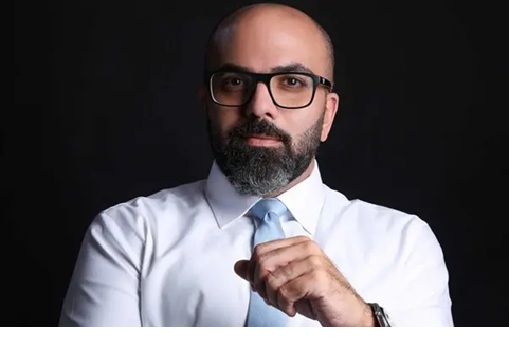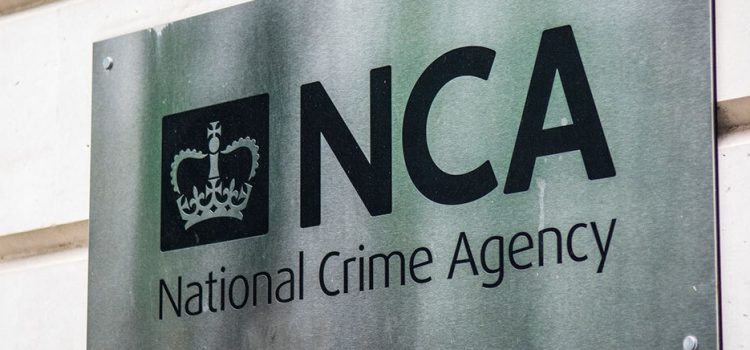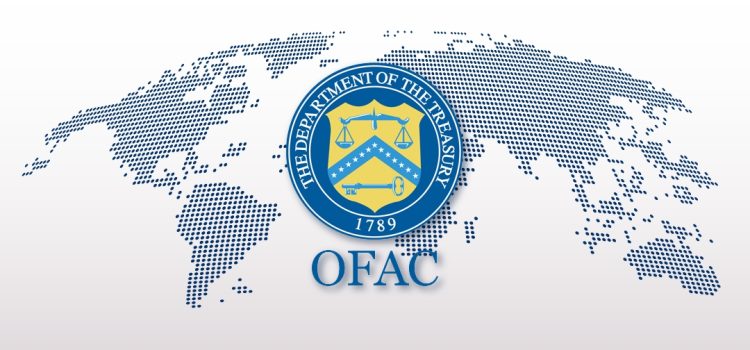
The United Kingdom’s National Crime Agency (NCA) disrupted a multi-billion dollar money laundering network, which provided services to a wide range of illicit actors, including Russian and international elites, cybercriminals, and drug gangs.
The NCA’s efforts, named “Operation Destabilise,” identified two Russian-speaking networks (Smart and TGR) leading these operations, which have thus far led to 84 arrests of individuals linked to these groups and the seizure of more than 20 million Euros in cash and cryptocurrency.
Today’s disruption was an internationally-coordinated effort, involving organizations including the U.K. Metropolitan Police Service, France’s Direction Centrale de la Police Judiciaire, the United States Department of the Treasury’s Office of Foreign Assets Control (OFAC), the Drug Enforcement Agency (DEA), and the Federal Bureau of Investigation (FBI), among others. This collaboration led to the arrest of another individual linked to Smart and TGR who facilitated global money laundering.
Additionally, OFAC sanctioned four entities and five individuals associated with TGR; OFAC included cryptocurrency addresses for two of the individuals:
George Rossi (AKA Maksakov, Yury, Georgy Rossi, or Heorhii Rossi): A Ukrainian national who founded TGR Partners, is the director of TGR Corporate Concierge LTD, and likely controls the TGR Group.
Elena Chirkinyan (AKA Yelena Norayrovna Chirkinyan or “Elle”): A Russian national who is Rossi’s direct subordinate, a partner at TGR Partners, the CEO of TGR Corporate Concierge LTD, and the manager of TGR DWC-LLC.
Andrejs Bradens (AKA Andrejs Carenoks): A Latvian national associated with several TGR networks.
Nikita Vladimirovich Krasnov (AKA “ACESCOM”): A Russian national who laundered cash and cryptocurrency on behalf of elite clients.
Khadzhi Murat Dalgatovich Magomedov (AKA Magomedov or Murat): A Russian national who laundered cash and cryptocurrency on behalf of elite clients.
TGR Partners: A Moscow-based organization founded by Rossi that provided services to a wide range of illicit actors, such as cryptocurrency trading, foreign exchange payments, and concierge services.
TGR Corporate Concierge LTD: A U.K.-based network controlled by Bradens. Chirkinyan is its CEO.
TGR DWC-LLC: A UAE-based network operated by Chirkinyan that provided services to help elites obscure the source of ill-gotten funds.
Siam Expert Trading Company Limited: A Thailand-based network associated with Bradens.
Pullman Global Solutions LLC (Pullman Global): A Wyoming-based organization owned by Bradens.
The cryptocurrency addresses in OFAC’s designation include a deposit address for Chirkinyan at a mainstream exchange (TDdbRFoBTEmE3qiR69Y6rKRSG1hoF65QaE) that has received over $146,000, and a high-volume wallet controlled by Magomedov (0x1999ef52700c34de7ec2b68a28aafb37db0c5ade) that has processed more than $200 million. The wallets have received high-value transfers, reflecting bulk cash transfers and transactions conducted on behalf of TGR clients.
Operation Destabilise determined that Smart, TGR, and their related networks often transferred money across borders by swapping cash and cryptocurrency. In some instances, Smart and TGR would receive funds in crypto from a client, facilitate a transfer in cash, and take a percentage of the amount. They would also follow a similar process in reverse, exchanging cash for crypto. It was unlikely that these clients would overlap, given that Smart and TGR were operating across 30 countries, and used a network of international controllers and couriers to actually perform the handovers.
The NCA also detailed that Smart and TGR provided illicit financial services on the streets in the U.K. to traditional crime groups by exchanging their cash proceeds for crypto, which they then used to further their criminal activities by paying for drugs to international cartels. Unfortunately, these networks enable serious crime in the U.K. and other countries, which threatens the country’s financial integrity and, in many cases, results in physical violence.










